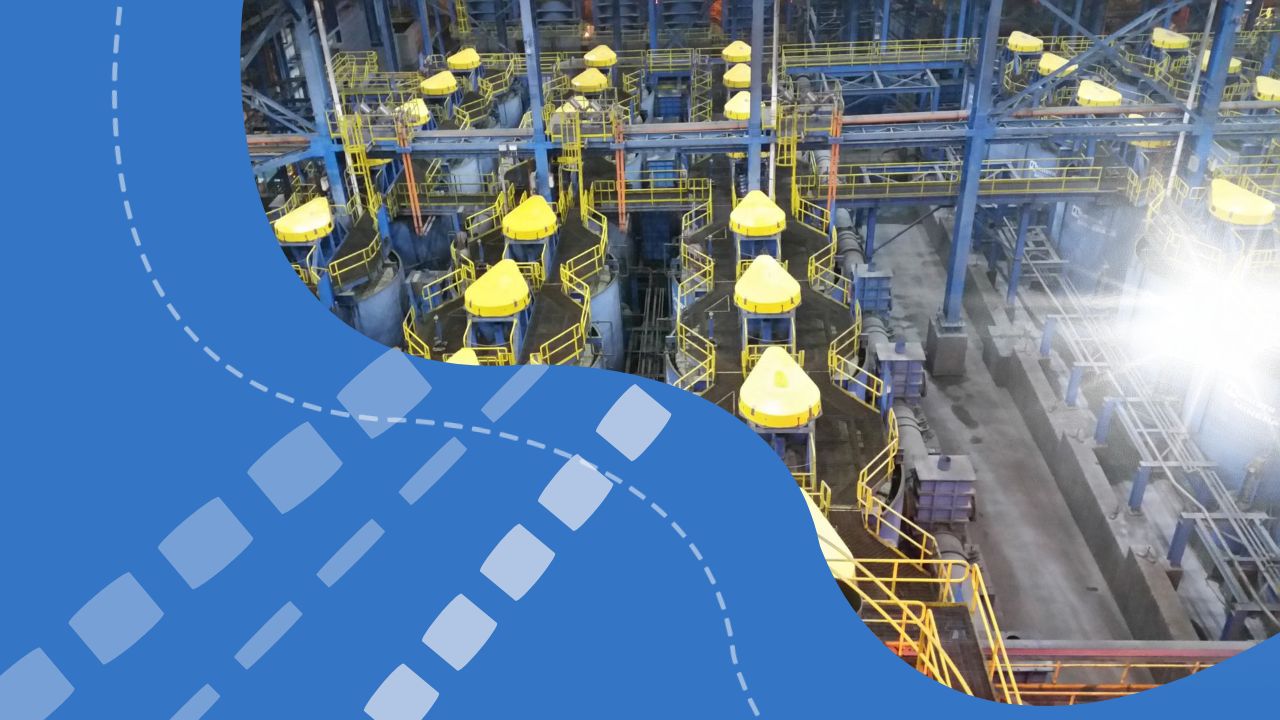The Department of Subsoil Use of the Ministry of Industry and Construction, under the guidance of Chairman Erlan Akbarov, announced this exciting development. Akbarov clarified that the plots currently do not hold any reserves of rare earth metals. The selection of these plots was based on a comprehensive analysis conducted by the government in 2016, and exploration work is currently underway. Once the exploration is completed, an auction will be held, allowing interested parties to become subsoil users.
Private companies, supported by state funding, have been responsible for carrying out the exploration work. The 12 plots, including Rzhavaya Sopka, Aktobe Quartz, Kuneoy, Mirolyubovsky, Bokay, Brusilovsky, Kuyrektykol, Khorgos, Kenkuduk, Chulaktau, Keltemshatsky, and Akbulak, are predominantly located in eastern Kazakhstan.
Akbarov also pointed out that Kazakhstan does not have purely rare metal or rare earth deposits. Instead, these metals are found in combination with other solid minerals. The chairman cited Ahmirovo, Novo-Ahmirovo, and Bakenno as examples of such deposits, where the primary useful mineral is accompanied by secondary rare earth metals.
The Bakenno rare metal deposit, situated in the Ulan district of the East Kazakhstan region, is expected to resume underground mining operations. The project aims to extract the maximum possible reserves over a 25-year period, with an estimated annual ore processing capacity of 350 thousand tons. The tantalum-rich deposit, located 60 km from Ust-Kamenogorsk, is owned by Dinara Ospanova, Zhalyin Kabiken, and Ayaulym Kasymkhan.
Another notable rare earth deposit, Novo-Akhmirovo, is located near Ust-Kamenogorsk. CREADA CORPORATION, owned by Erlan Issekesh and Daniar Aubakirov, is engaged in the exploration of this deposit. The company plans to drill eight vertical wells from 2022 to 2026, covering an area of 4.42 square kilometers. The extracted rare metals will be processed at the Ulbinsky Metallurgical Plant, a subsidiary of “Kazatomprom.”
Furthermore, German company HMS Bergbau AG has expressed a keen interest in lithium mining in Kazakhstan. With an investment of $700 million, they have partnered with a private company to exploit lithium resources at two deposits. This collaboration will enable the Kazakh partner to acquire valuable expertise, and the success of lithium-ion battery production will depend on the availability of lithium resources.
The European Union is also actively seeking alternative sources of critical materials, including lithium, to reduce its dependence on China. As part of this effort, the EU has entered into an agreement with Kazakhstan, aiming to replace some of its Chinese imports with products from the Republic.
President Tokayev has emphasized the importance of expanding geological studies in Kazakhstan, particularly in the search for rare and rare-earth metals. The government aims to increase the area of geologically studied land to 2.2 million square kilometers by 2026. Currently, 1.25 million square kilometers are available for subsoil use, and state-funded geological exploration receives an annual budget of approximately 7.5 billion tenge, significantly less than countries like Uzbekistan, Australia, and Canada.
To facilitate geological research, Kazakhstan has launched the unified subsoil use platform minerals.gov.kz. This platform allows potential investors to access geological reports and submit applications for plots and licenses electronically. The platform initially focuses on uploading secondary geological reports, with the primary reports expected to be digitized and uploaded by 2026. Additionally, the National Geological Service plans to obtain unique geological reports on Kazakhstan’s areas from Rosgeolfond, which were previously sent to Moscow during the Soviet era.
In light of the decreasing reserves of various solid minerals over the past three decades, the Committee on Geology has proposed measures such as abolishing the value-added tax on geological exploration work and allocating a portion of the mineral extraction tax for state geological exploration.
Kazakhstan’s commitment to exploring and harnessing its natural resources, particularly rare earth metals, paves the way for economic growth and potential partnerships with international investors.

